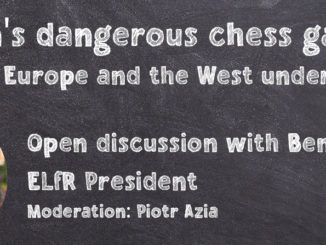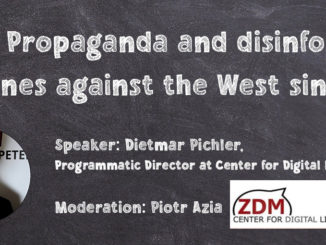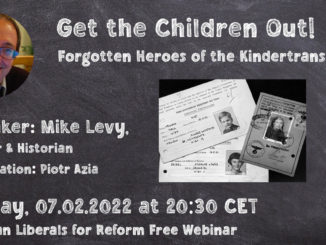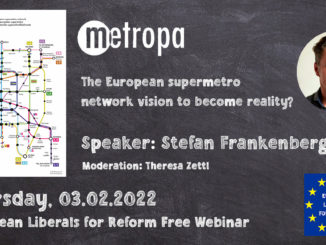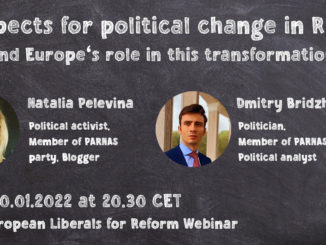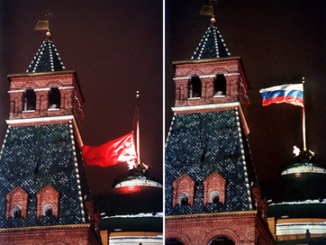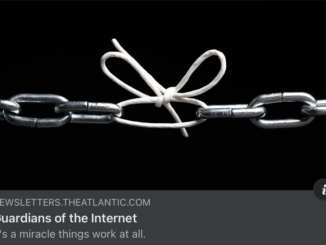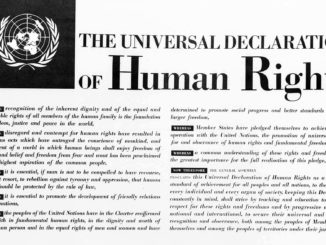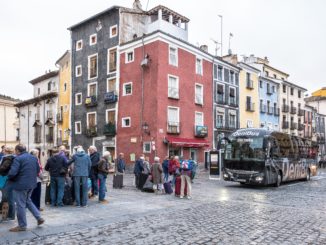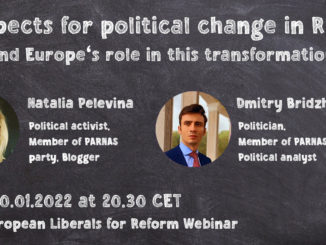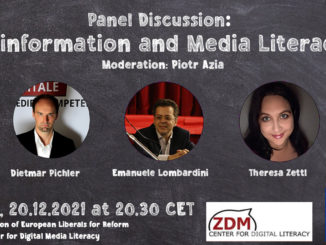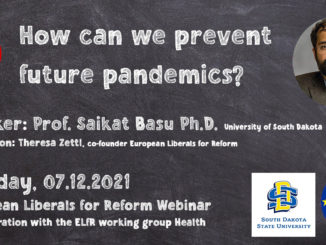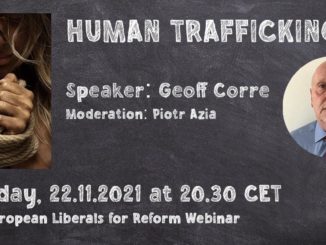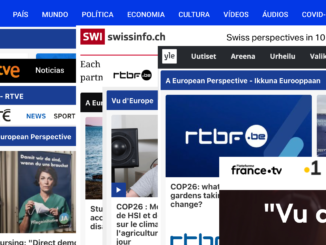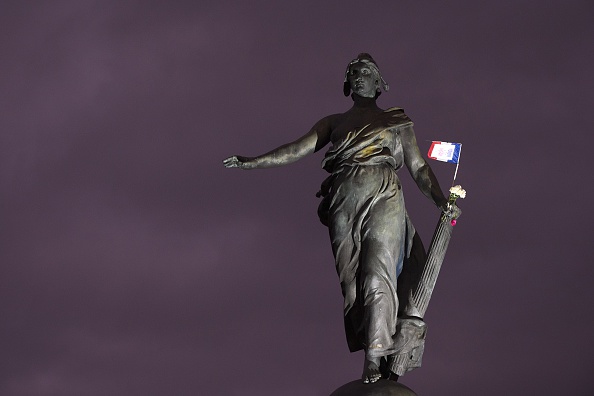What Tariq Ramadan admirers fail to acknowledge is his connection to the Muslim Brotherhood – ideological but also a family one:
He is the son of Said Ramadan and Wafa al-Banna, who was the eldest daughter of Hassan al Banna, who in 1928 founded the Muslim Brotherhood in Egypt. Gamal al-Banna, the liberal Muslim reformer is his great-uncle. His father was a prominent figure in the Muslim Brotherhood and was exiled by Gamal Abdul Nasser[7] from Egypt to Switzerland, where Tariq was born.
and that’s from a Wikipedia article, which rather fawns on Tariq – must have been written by himself or an admirer. Family connections don’t necessarily condition our beliefs, but go find a statement by Tariq Ramadan condemning Islamism – good luck. The funny thing is that Islamists like Tariq demand absolute tolerance for their beliefs and behaviours, while they offer none to the locals – the society they advocate would be submitted to the Islamists’ rules and diktats, without any reciprocity. Young Muslims have trouble integrating in European society – but is it all and exclusively the fault of the Europeans? Women complaining about “Islamophobia” because the may get the occasional remark when they wear their strict attires, should perhaps check with people wearing other types of unusual clothes, what kind of “persecution” they are subjected to: how about punks and their hairdos and clothes? People with tattoos all over their face? Do we call it religious discrimination and victimisation, or simply people reacting, sometimes in unpleasant ways, to things they are not used to?
Europe must look inward to address the rise of homegrown jihadism. This does not mean that it should temper its secularism, but rather that it must breathe life into the “European dream,” ensuring that all people have access to real opportunities to improve their lives.
Source: The Making of Euro-Jihadism by Shlomo Ben-Ami – Project Syndicate

